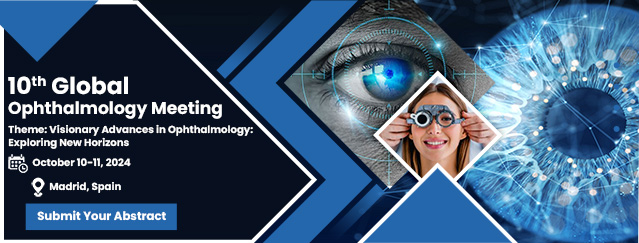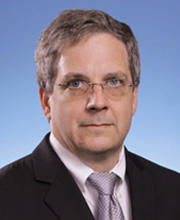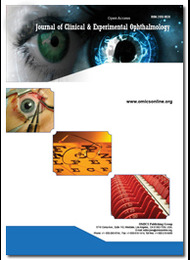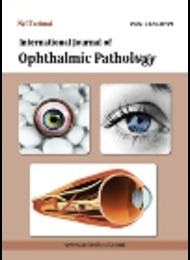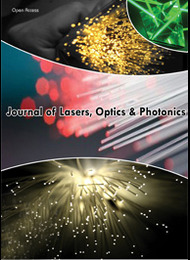Welcome to the 10th Global Ophthalmology Meeting, happening on October 10-11, 2024, in Madrid, Spain. This conference serves as a vital platform for ophthalmologists, researchers, clinicians, educators, and industry professionals worldwide. Attendees can expect an engaging program featuring scientific sessions, keynote presentations, workshops, and poster sessions covering various facets of ophthalmology. Key themes include advancements in surgery, diagnostic technologies, management of ocular diseases, and public health initiatives. The event offers an opportunity to network, share insights, and collaborate with peers, experts, and industry leaders. With Madrid's rich cultural heritage and vibrant atmosphere as the backdrop, attendees will also have the chance to explore the city's landmarks and culinary delights. Join us for two days of learning, innovation, and camaraderie at the 10th Global Ophthalmology Meeting in Madrid.
-
Best Poster Award
-
Outstanding Young Researcher Award
-
Group Registration benefits
-
Get OCM signed certificate
-
Get worldwide acknowledgment to your profile and Research
-
Get your abstracts published with unique DOI in International Journals
-
Get up to 50% discounts for publishing your entire article in our open access International Journals
-
Get Handbooks and conference kits
-
Get an access to the network with eminent personalities from worldwide
-
Ophthalmologists: Medical doctors who specialize in eye and vision care, diagnosing and treating eye diseases, performing eye surgery, and prescribing eyeglasses and contact lenses.
-
Researchers and Scientists: Professionals involved in scientific research related to eye health, vision, ocular diseases, treatments, and medical advancements in ophthalmology.
-
Clinicians and Eye Care Professionals: This category may include optometrists, opticians, orthoptists, and other healthcare professionals involved in providing primary eye care, diagnosing vision problems, and managing various eye conditions.
-
Educators and Academicians: Individuals engaged in teaching and academic research in the field of ophthalmology, including professors, instructors, and researchers working in educational institutions.
-
Industry Representatives and Innovators: Professionals from companies involved in the manufacturing, development, and distribution of products and technologies related to eye care, including pharmaceuticals, medical devices, and vision care products.
-
Residents and Fellows: Medical residents undergoing specialized training in ophthalmology and fellows pursuing further subspecialty training in areas such as pediatric ophthalmology, retina, cornea, etc.
-
Healthcare Administrators and Policy Makers: Individuals responsible for managing healthcare facilities, policies, and regulations related to eye care services, as well as policymakers involved in shaping healthcare systems and initiatives.
-
Students and Trainees: This category encompasses undergraduate and graduate students pursuing degrees in fields related to ophthalmology, as well as trainees undergoing practical training in eye care, such as interns or medical trainees.
-
Patients and Patient Advocates: Individuals who have experienced eye conditions, undergone eye treatments, or are interested in learning more about eye health. Patient advocates may represent organizations focused on raising awareness about specific eye diseases or advocating for improved access to eye care services.
-
Rehabilitation Specialists: Professionals involved in providing rehabilitation services to individuals with visual impairments, such as orientation and mobility specialists, vision rehabilitation therapists, and low vision specialists.
-
Public Health Professionals: Individuals working in public health organizations or agencies involved in promoting eye health, preventing eye diseases, and addressing public health challenges related to vision loss and blindness.
-
Nonprofit Organizations: Representatives from nonprofit organizations dedicated to supporting research, education, advocacy, and community outreach efforts in the field of ophthalmology and eye care.
-
Technology Developers: Innovators and developers of technologies aimed at improving diagnosis, treatment, and management of eye conditions, including digital health solutions, telemedicine platforms, and assistive devices for individuals with visual impairments.
-
Allied Health Professionals: This category includes professionals such as nurses, technicians, and medical assistants who play essential roles in supporting ophthalmologists and other eye care providers in delivering comprehensive patient care.
-
International Delegates: Participants from international organizations, institutions, and countries interested in exchanging knowledge, collaborating on research initiatives, and learning about global best practices in eye care.
The global ophthalmology market is expected to gain market growth in the forecast period of 2023 to 2030. Data Bridge Market Research analyses that the market is growing with a CAGR of 6.4% in the forecast period of 2024 to 2030 and is expected to reach USD 84,655.95 million by 2030, from USD 51,459.32 million in 2022
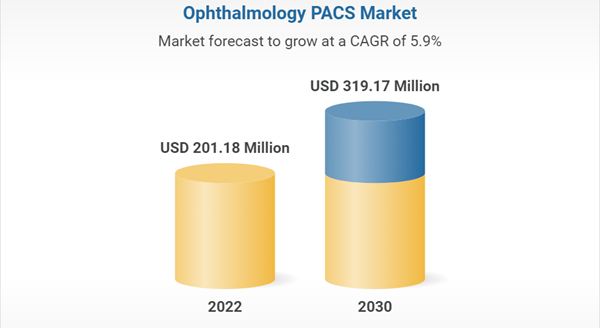
Ophthalmology is a branch of medicine that deals with the anatomy, physiology, treatment and surgery of the visual pathways of the eye, including surrounding areas and the visual aspects of the brain. Ophthalmic devices are medical equipment designed for surgery, diagnosis, and vision correction. The devices gained increased importance and adoption due to the high prevalence of several ophthalmic diseases, such as glaucoma, cataract, and other vision-related issues. Ophthalmic drugs are medications that are specially designed and administered for the treatment of various eye-related disorders, including colour blindness, diabetic macular edema, cytomegalovirus (CMV), and age-related macular degeneration (AMD).

